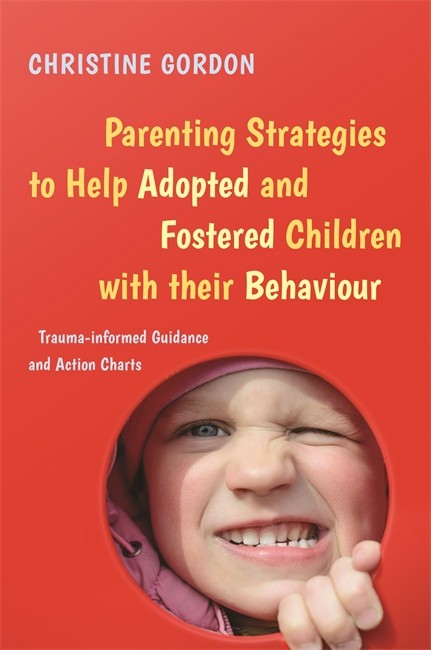1
/
of
1
Parenting Strategies to Help Adopted and Fostered Children with Their Behaviour
Parenting Strategies to Help Adopted and Fostered Children with Their Behaviour
SKU:9781785923869
Regular price
$46.39 AUD
Regular price
$57.99 AUD
Sale price
$46.39 AUD
Unit price
/
per
Taxes included.
Shipping calculated at checkout.
Share
Difficult behaviour in children with developmental trauma comes from a place of hurt. It is often confusing, unpredictable and painful both to the child and the people around them, and can be a form of self-protection or coping with deeply rooted fears and anxieties.
Traumatized children rarely respond to traditional parenting strategies, but once you understand the impact of trauma on children you can master 'developmental reparenting' strategies which do work - by validating their feelings, boosting self-esteem and encouraging open and honest conversations. The first part of this book guides you using easy to understand language through the latest science and research relating to trauma and its impact on the brain and executive functioning. The second part forms the heart of the book, laying out 35 action charts to addresses some of the very hardest challenges for parents and carers - from inappropriate sexualised behaviour and overfamiliarity with strangers through to tantrums, food issues and deception.
Written by an experienced adoptive parent who is also a qualified social worker with expertise in trauma-informed parenting, this book will be a welcome relief to any family struggling with the challenges of living with trauma in the home.
Market: Adoptive parents and foster carers, as well as the social workers, counsellors, teachers and other professionals who work with traumatized children.
About the Author
About the Author
Couldn't load pickup availability


